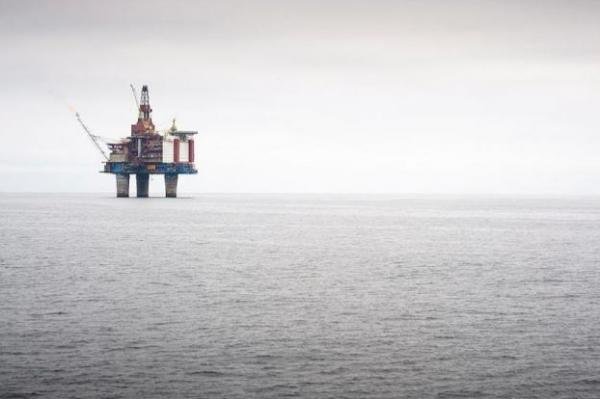STAVANGER, Norway, Sept. 23 (UPI) -- Norwegian energy company Statoil said it would learn from the lessons on stove-piping after publishing findings from a fatal April offshore accident.
A helicopter used by the company crashed April 29 off the coast of Norway after picking up passengers from a Statoil oil platform. The group on board included 11 Norwegians, one Italian and one British citizen, according to authorities. All were employees of Statoil.















